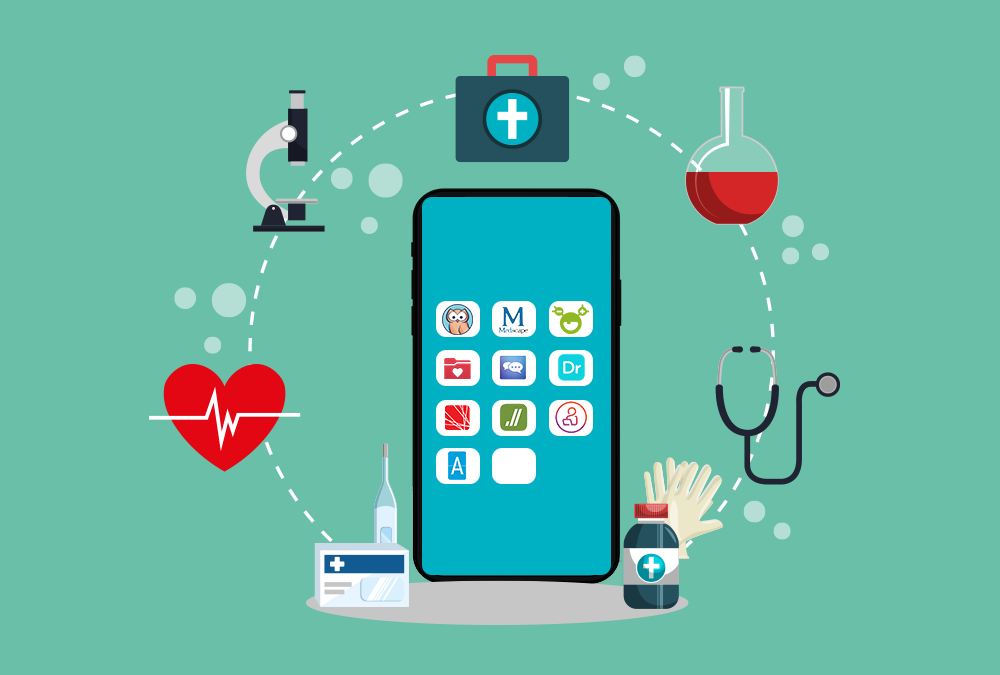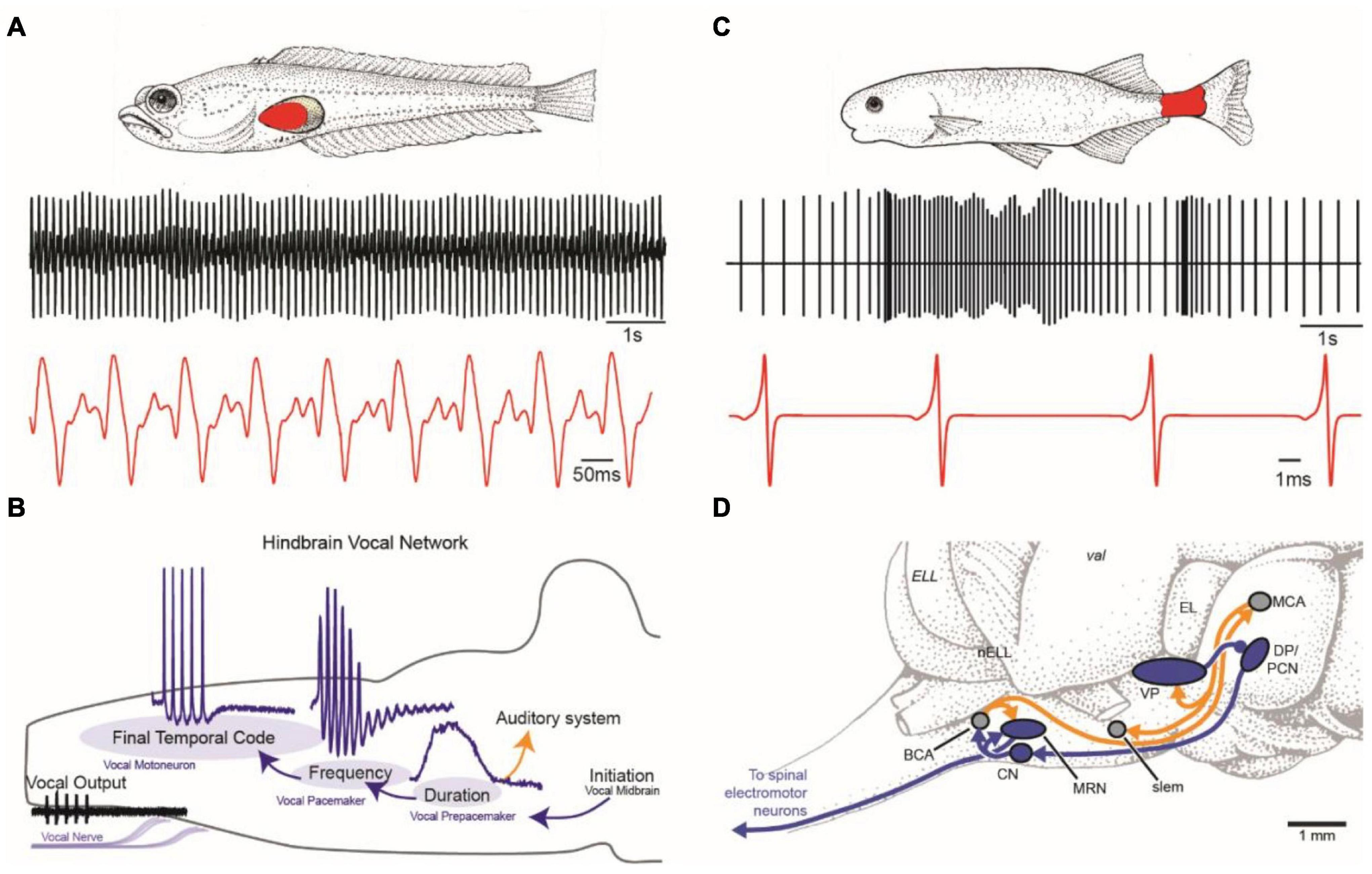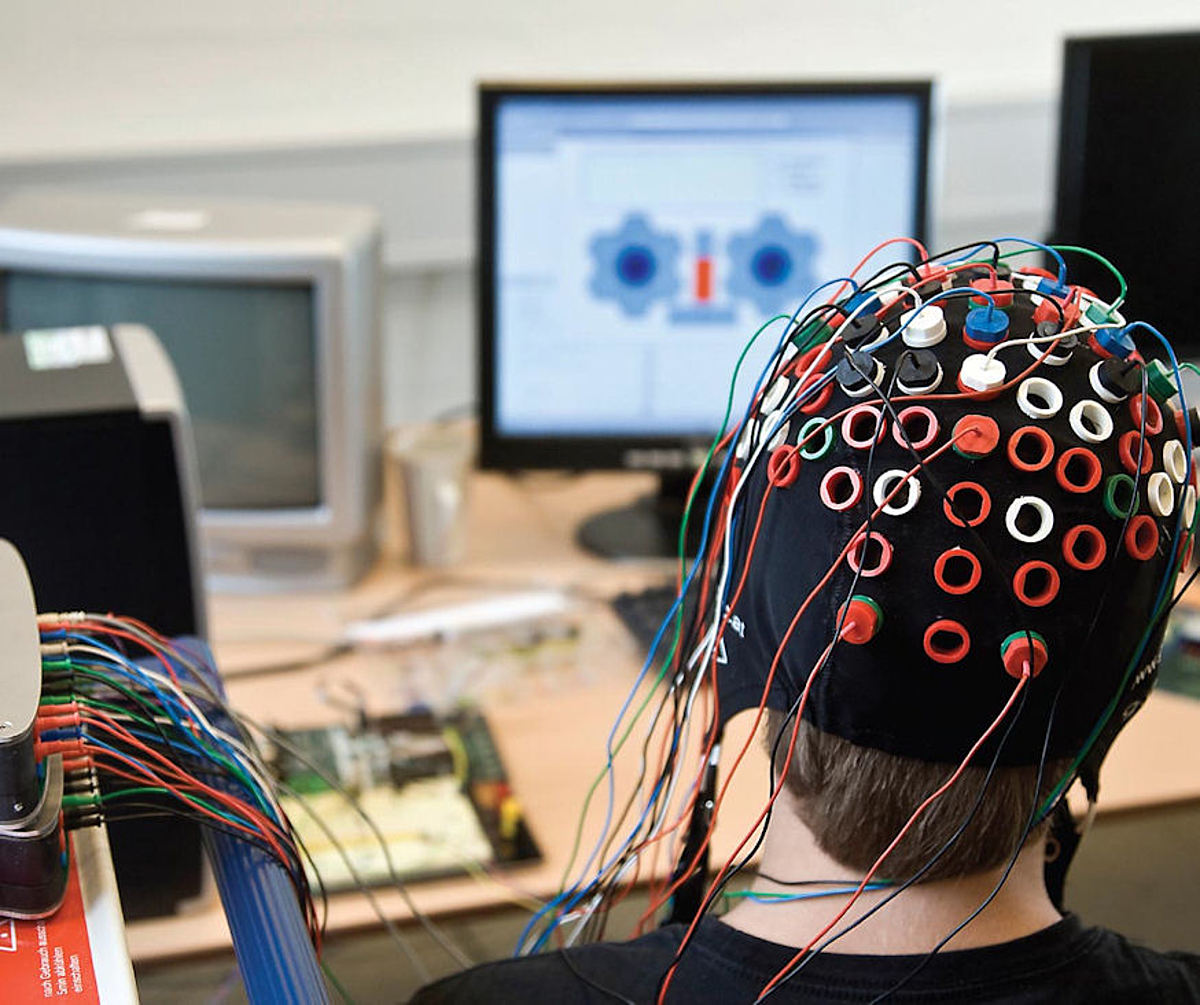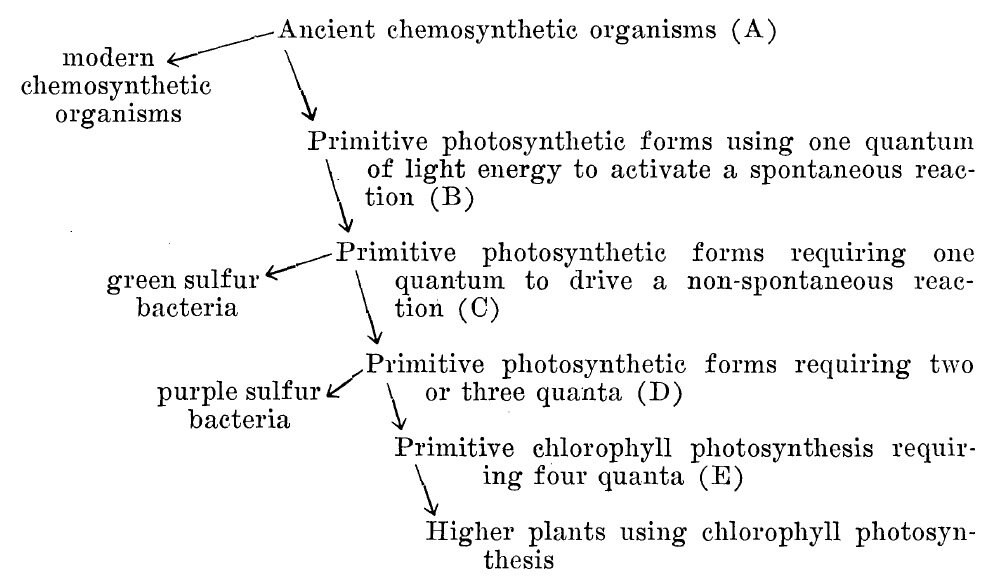Healthcare apps are revolutionizing the way we manage our well-being, offering innovative solutions tailored to individual needs. These digital tools provide personalized health coaching, harnessing cutting-edge technology such as reinforcement learning in healthcare to adapt to users’ lifestyles. For cancer patients, dedicated apps aid in medication adherence, addressing the common struggles faced during recovery. By leveraging mobile health interventions, these applications make it easier for individuals to navigate their health journeys, ensuring they receive support when they need it most. As adaptive health technology continues to evolve, healthcare apps promise to foster a more engaged and informed patient community.
Digital health applications, often referred to as wellness apps or mHealth solutions, are making waves in the realm of personal healthcare. By integrating advanced algorithms, these tools serve as virtual health coaches, enabling users to maintain optimal health through targeted interventions. In particular, these applications are transforming the experience for individuals dealing with chronic illnesses, such as cancer, by providing continuous, customized support that enhances medication adherence. With capabilities like real-time feedback and user-specific adjustments, these digital platforms resonate well with the growing demand for personalized health solutions. As the landscape of health technology expands, these adaptive apps are set to redefine how patients manage their health effectively.
The Role of Healthcare Apps in Personalized Support
Healthcare apps have made significant strides in offering personalized support to patients, particularly for those grappling with chronic conditions such as cancer. By leveraging advanced algorithms, these apps tailor their recommendations and reminders to the user’s specific health status and needs. For instance, cancer patient apps utilize data collected over time to predict when a patient might need additional assistance or motivation, thereby enhancing adherence to treatment regimens. Regular updates and real-time feedback allow these applications to adapt dynamically, ensuring that patients receive the right message at the right moment.
Moreover, the integration of personalized health coaching within healthcare apps provides users with a resource that feels tailored to their individual journey. Instead of generic reminders that often lead to user disengagement, these apps utilize reinforcement learning to deliver encouragement and tips when they are most needed. Whether it’s a nudge to take medication, a reminder about an upcoming appointment, or support during moments of struggle, these applications are engineered to foster a supportive environment that can improve outcomes.
Enhancing Patient Engagement with Adaptive Health Technology
Adaptive health technology is revolutionizing how patients interact with their health management routines. By incorporating real-time data from users, these systems can adjust their approach based on individual progress and changing circumstances. This is particularly crucial for populations such as cancer patients, where ongoing adjustments can significantly impact treatment outcomes. For example, the use of mobile health interventions allows for the timely delivery of motivational messages that can spur patients to remain compliant with their treatment.
The ability to adapt not only enhances the effectiveness of the technology but also builds a stronger connection between patients and their health management systems. Patients are more likely to engage with an app if it responds to their specific feedback and experiences. Consequently, such technology fosters a partnership, making users feel more involved in their care process and leading to higher levels of satisfaction and better health outcomes.
In trials such as those being conducted for the ADAPTS HCT app, researchers are discovering firsthand the importance of timing in communication. Reinforcement learning techniques enable these apps to learn how and when to deliver prompts that resonate with users, thereby improving medication adherence and overall health management.
Frequently Asked Questions
What are healthcare apps and how do they benefit cancer patients?
Healthcare apps, particularly designed for cancer patients, utilize advanced technologies like reinforcement learning to provide personalized health coaching. These apps help track medication adherence, offer reminders, and support patients through difficult recovery processes, enhancing the effectiveness of their treatment.
How do mobile health interventions support patients like those undergoing stem cell transplants?
Mobile health interventions for stem cell transplant patients focus on real-time personalization and adapting to individual needs. These apps deploy just-in-time adaptive interventions to send motivational prompts, reminders, and support messages to both patients and caregivers, aiding in medication adherence and overall health management.
What role does reinforcement learning play in modern healthcare apps?
Reinforcement learning is crucial in modern healthcare apps as it allows algorithms to learn from user interactions. This enables the apps to customize notifications and interventions based on what timings and messages are most effective, significantly improving patient engagement and health outcomes.
Can personalized health coaching via apps improve medication adherence in patients?
Yes, personalized health coaching through healthcare apps has been shown to significantly improve medication adherence. By tailoring reminders and support based on individual behaviors and needs, these apps can help patients follow their treatment plans more effectively.
What are some examples of healthcare apps that utilize adaptive health technology?
Examples of healthcare apps utilizing adaptive health technology include MiWaves for cannabis users, which learns from user interactions to help reduce consumption, and Oralytics, which assists patients in maintaining proper tooth brushing routines by providing tailored push notifications.
Are there any limitations to using apps for health management in patients?
While healthcare apps offer significant benefits, limitations include challenges with data accuracy, potential software glitches, and dependency on user engagement. Continuous learning and adaptation of these systems are necessary to enhance their effectiveness and address complex healthcare needs.
How do mobile health apps enhance the relationship between patients and caregivers?
Mobile health apps enhance the relationship between patients and caregivers by facilitating communication and collaboration. Features like shared reminders and supportive games promote interaction, making it easier for caregivers to assist in health management and for patients to engage with their treatment.
What makes cancer patient apps different from standard health tracking apps?
Cancer patient apps differ from standard health tracking apps by offering tailored support using advanced algorithms that adapt to individual recovery needs. Unlike generic health apps, these applications provide real-time feedback and personalized interventions essential for managing complex health challenges.
How is technology integrated into healthcare apps for patients?
Technology in healthcare apps is integrated through AI, machine learning, and behavioral science. These innovations enable apps to learn from user behavior, provide adaptive interventions, and utilize data analytics to enhance the overall effectiveness of health management for patients.
| Key Point | Details |
|---|---|
| Introduction to Healthcare Apps | Introduction of mobile apps as personal healthcare coaches. |
| Target Audience | Cancer patients, cannabis users, and individuals managing medication. |
| Innovation in Algorithms | Use of reinforcement learning algorithms to personalize healthcare support. |
| Just-in-Time Adaptive Intervention | Apps provide real-time support that adapts to patient needs and contexts. |
| Collaboration for App Development | Partnerships with clinicians and behavioral scientists for app design. |
| Patient-Caregiver Relationship | The app enhances engagement between patients and caregivers to improve health outcomes. |
| Examples of App Initiatives | ADAPTS HCT for stem cell patients, MiWaves for cannabis reduction, Oralytics for dental care. |
| Future Outlook | Aim to develop accessible digital coaching solutions for health management. |
Summary
Healthcare apps are transforming the way patients manage their health by acting as personal coaches tailored to individual needs. With technologies such as reinforcement learning, these applications offer real-time support and enhance communication between patients and caregivers. By leveraging algorithms that adapt to user behavior, healthcare apps are tackling specific challenges, such as medication adherence and lifestyle changes, thus paving the way for improved health outcomes and greater engagement in the treatment process.



